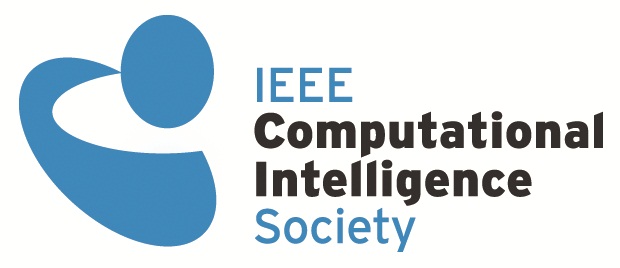


 |
 |
 |
Special Session
|
| Due to the challenges of many real world applications in both research and practice, scheduling and combinatorial optimization represent important research areas. They have received a significant amount of attention in a wide range of disciplines including operational research, artificial intelligence, computer science, engineering, manufacturing, and management, and so on. Different constraints, objectives as well as problem characteristics have to be considered while developing efficient and intelligent computational methods for these complex and large-scale problems. Evolutionary computation has shown to be one of the most effective intelligent algorithms for solving scheduling and combinatorial optimization problems.
|
| SCOPE This special session aims to bring together state-of-the-art research on evolutionary computation in a wide range of combinatorial optimization and scheduling problems. Examples of evolutionary methods include ant colony systems, artificial immune systems, cultural algorithms, evolutionary strategies, genetic algorithms, genetic programming, evolutionary based hyper-heuristics, memetic algorithms, path relinking, particle swarm optimization and scatter search, etc. Topics of applications include but not limited to: |
| SUBMISSIONS Papers should be submitted following the instructions at the 2013 IEEE CEC web site. Please select the main research topic as the Special Session on "Evolutionary Computation in Scheduling and Combinatorial Optimization". All peer-reviewed and accepted papers will be included and published in the conference proceedings. Paper submissions: March 15, 2013 (extended) Notification of acceptance: April 8, 2013 Final paper submission: April 26, 2013 |
| ORGANIZERS All enquiries should be sent to Rong Qu (rong.qu AT nottingham.ac.uk), Dario Landa-Silva (Dario.Landasilva AT nottingham.ac.uk) or Kay Chen Tan (eletankc AT nus.edu.sg). Dr Rong Qu School of Computer Science, University of Nottingham, UK A/P Dario Landa-Silva School of Computer Science, University of Nottingham, UK A/P Kay Chen Tan National University of Singapore, Singapore |
| PROGRAMME COMMITTEE TBA |